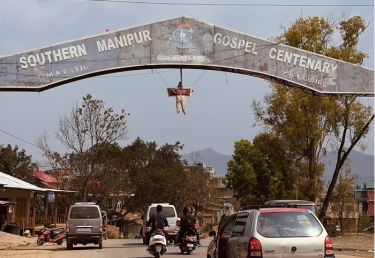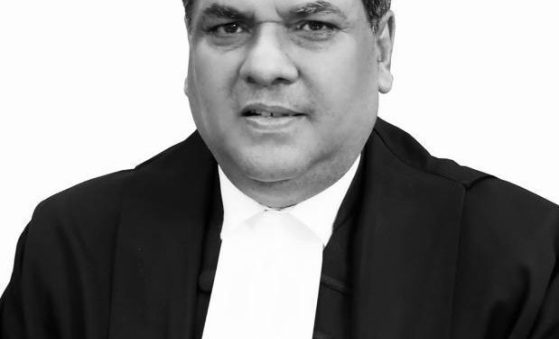
A high-level independent tribunal has concluded that the ethnic violence that engulfed Manipur from May 3, 2023, was a planned attack rather than spontaneous unrest, indicting both state and central governments for enabling the crisis through institutional breakdown.
The 694-page report, released Wednesday by the People’s Union for Civil Liberties (PUCL) at the Press Club of India, represents the most comprehensive independent investigation into the conflict that has displaced over 60,000 people and left them languishing in relief camps for 27 months.
“The violence which erupted on May 3, 2023, was not spontaneous but planned, ethnically targeted, and facilitated by state failures,” concluded the Independent People’s Tribunal chaired by former Supreme Court judge Justice Kurian Joseph.
The tribunal, comprising 14 jury members and three experts deliberately chosen from outside Manipur, recorded testimonies from more than 150 survivors who painted what the report called “a picture of systemic impunity and targeted brutality.”
Survivor accounts detailed widespread killings, mutilations, sexual violence, and instances where police “handed women over to mobs” rather than protecting them. The investigation revealed how systematic hate campaigns through social media and political rhetoric escalated mistrust between Meitei and Kuki-Zo communities.
The immediate trigger was the Manipur High Court’s March 27, 2023 directive recommending Scheduled Tribe status for Meiteis, which tribal groups perceived as threatening their constitutional protections. This sparked state-wide protests that “quickly descended into targeted violence.”
The tribunal dismissed two dominant narratives used to justify the violence - claims that Kukis were “illegal immigrants” from Myanmar and responsible for poppy cultivation - as “exaggerated and politically weaponised” propaganda to “demonise the community.”
Former Chief Minister Biren Singh’s administration came under sharp criticism for downplaying the violence and failing to arrest members of radical groups like Arambai Tenggol and Meitei Leepun. The report noted that despite public demands for his removal, Singh remained in office until February 2025.
The tribunal found that even Supreme Court interventions through the Gita Mittal Committee and limited CBI probes were “narrow in scope, poorly resourced, and lacked follow-up.”
Healthcare systems collapsed entirely, with hospitals attacked, medical staff fleeing, and patients denied treatment on communal grounds. Relief camps suffered from poor sanitation, inadequate food supplies, and complete absence of mental health support for trauma victims.
However, the report has drawn fierce criticism from Manipur’s Rajya Sabha MP Sanajaoba Leishemba, who dismissed it as “biased, one-sided and unprofound” during a public event Sunday. Leishemba, who founded the Arambai Tenggol group mentioned in the report, demanded “a strong probe against this PUCL” and warned the findings could mislead the Meitei community.
The tribunal has recommended establishing a permanent High Court bench in hill districts, creating independent Special Investigation Teams monitored by the Supreme Court, and prosecuting those responsible for hate speech and propaganda.
“Justice and accountability are non-negotiable if democracy and peace are to return to the state,” Justice Joseph told reporters.
The report warns that without accountability, “Manipur could become a dangerous precedent; a template for future instances of state complicity in ethnic violence.”
The complete findings are available on the PUCL website.




